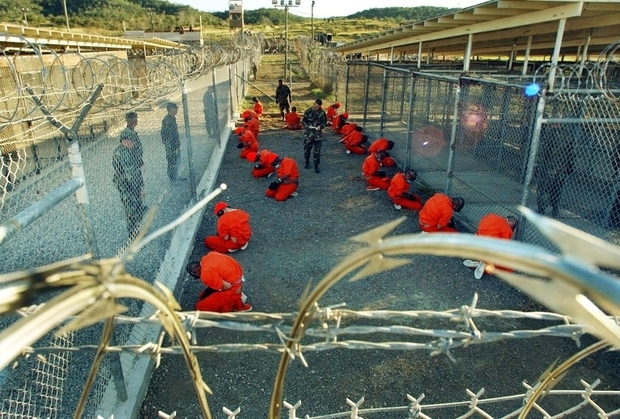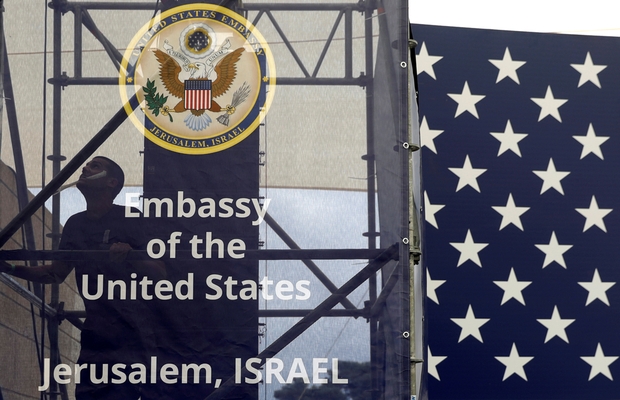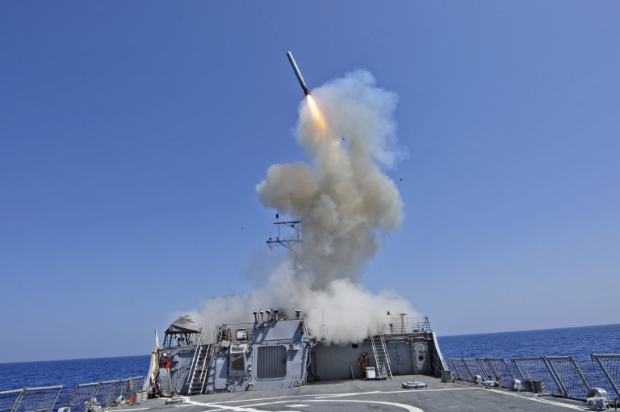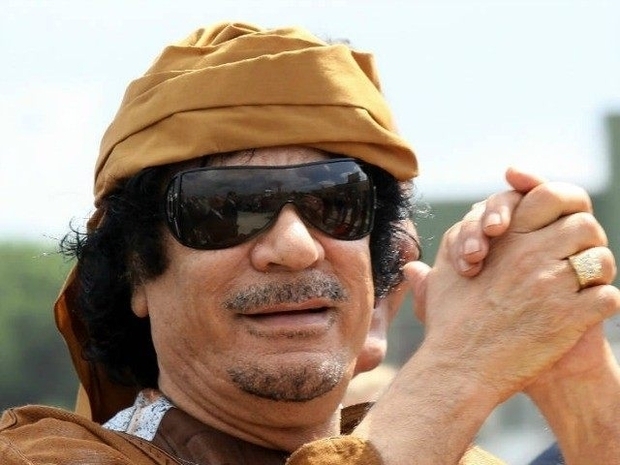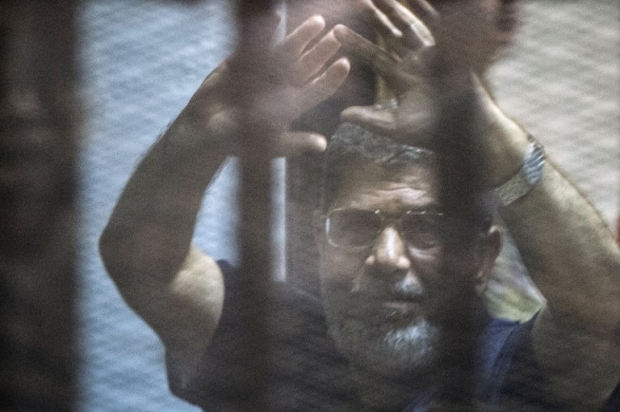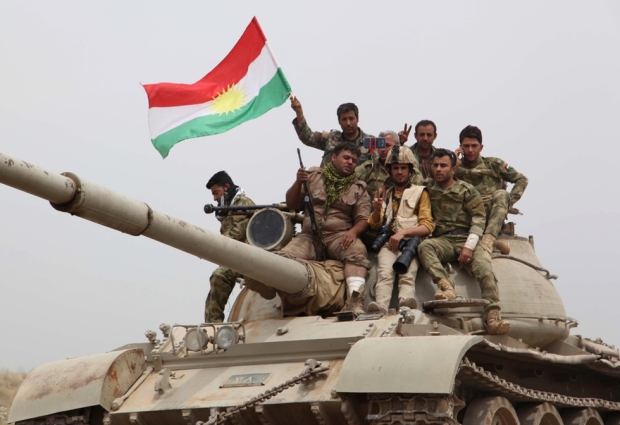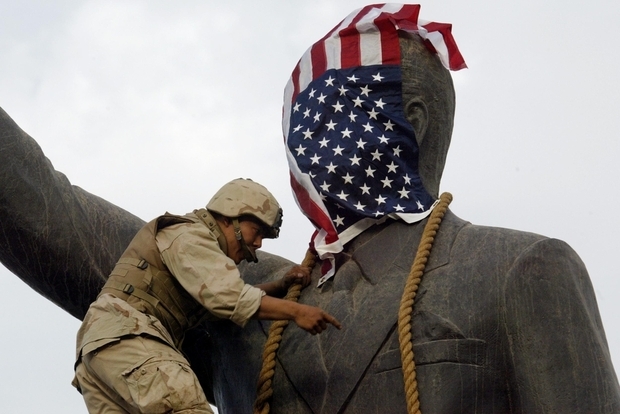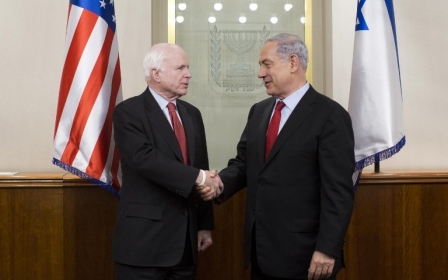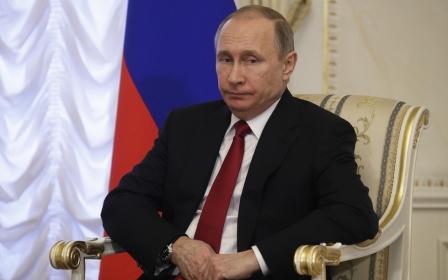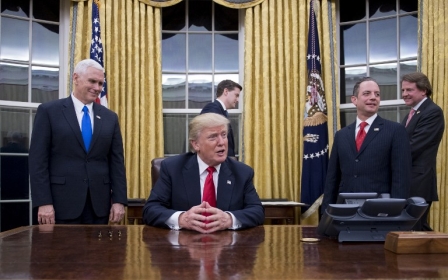McCain and the Middle East: From bombing Iran to admitting Iraq war was a mistake
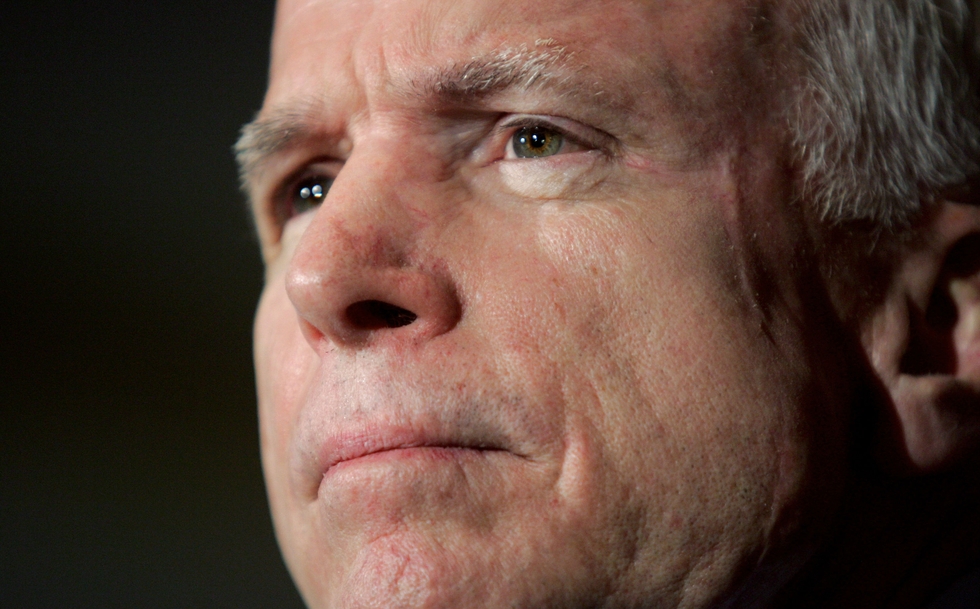
Senator John McCain, the Vietnam prisoner of war turned senator and presidential candidate, died on Saturday aged 81.
McCain had been diagnosed with an aggressive brain tumour in July last year and had been undergoing medical treatment.
The Arizona senator graduated from the United States Naval Academy in 1958 and followed his father and grandfather, both admirals, into the navy.
In 1967, McCain was shot down while flying a mission over Hanoi. He was imprisoned by the North Vietnamese until 1973 and was tortured during his incarceration.
A six-times senator, he stood as the Republican candidate in the 2008 presidential election, losing to Barack Obama.
He took a keen and often hawkish interest in foreign affairs and served as chairman of the United States Senate Committee on Armed Services from 2015 to 2018.
Below are some of McCain's main actions with regard to the Middle East.
'Bomb, Bomb, Bomb' Iran
In 2007, McCain joked about bombing Iran during a presidential campaign appearance in Murrells Inlet, South Carolina.
Asked by an audience member about possible US military action against Iran, McCain said: "That old, eh, that old Beach Boys song, Bomb Iran."
McCain then laughed before briefly singing - to the tune of the chorus of the Beach Boys's classic Barbara Ann - "Bomb, bomb, bomb, bomb, anyway, ah ..."
Guantanamo Bay and Abu Ghraib torture criticism
In December 2008, McCain was the highest serving Republican on the Senate Armed Services Committee when it released a report into detainee abuse at Abu Ghraib prison in Iraq and Guantanamo Bay.
McCain's forensic questioning of Rumsfeld, who he later described as "one of the worst secretaries of defence in history", over Guantanamo Bay forced a change of administration policy.
Support for Israel
McCain was a strong supporter of Israel and backed US President Donald Trump's decision to move the US embassy in Israel from Tel Aviv to Jerusalem.
The senator's backing extended to Israel's numerous offensives against Palestinians, including the 2014 bombardment of Gaza.
Call for Syrian intervention
McCain repeatedly called for US military intervention in Syria following the uprising against President Bashar al-Assad in 2011. In 2017, he championed Trump's decision to launch an attack against Syrian government forces, saying the action had "been eight years in the making".
They added that "there will never be a diplomatic solution as long as Assad dominates the battlefield".
Backing Libya's 'heroes'
In 2011, McCain was one of the strongest backers in Congress of US military intervention in Libya, calling on Washington to recognise Libyan rebels' transitional council as the true voice of the Libyan people and transfer frozen assets to them.
McCain described the Libyan fighters as "heroes".
Calls Egypt's removal of Mohamed Morsi a coup
In 2013, following a brief visit to Egypt, McCain described the removal of then Egyptian president Mohamed Morsi as a coup, in a move that contradicted the White House.
"We've also said that the circumstances of [Morsi's] removal was a coup. This was a transition of power not by the ballot box."
Urges US to 'choose the Kurds'
McCain was a longtime supporter of Kurds in Iraq, writing in 2017 he urged the US to "choose the Kurds" as clashes intensified between the Kurdish peshmerga, on one side, and Iraqi forces and Iranian-backed fighters on the other.
Speaking on Sunday, Nechirvan Barzani, the prime minister of the Kurdish Regional Government in Iraq's north, said McCain's death was a loss for the people of Kurdistan.
"He was a great defender of the people of Kurdistan and our rights," said Barzani.
Iraq war was a 'mistake'
McCain was among the most hawkish Republicans in the Senate and was a staunch supporter of George W Bush's decision to go to war with Iraq in 2003 and a later US troop surge.
"The war, with its cost in lives and treasure and security, can't be judged as anything other than a mistake, a very serious one, and I have to accept my share of the blame for it."
This article is available in French on Middle East Eye French edition.
Middle East Eye propose une couverture et une analyse indépendantes et incomparables du Moyen-Orient, de l’Afrique du Nord et d’autres régions du monde. Pour en savoir plus sur la reprise de ce contenu et les frais qui s’appliquent, veuillez remplir ce formulaire [en anglais]. Pour en savoir plus sur MEE, cliquez ici [en anglais].


